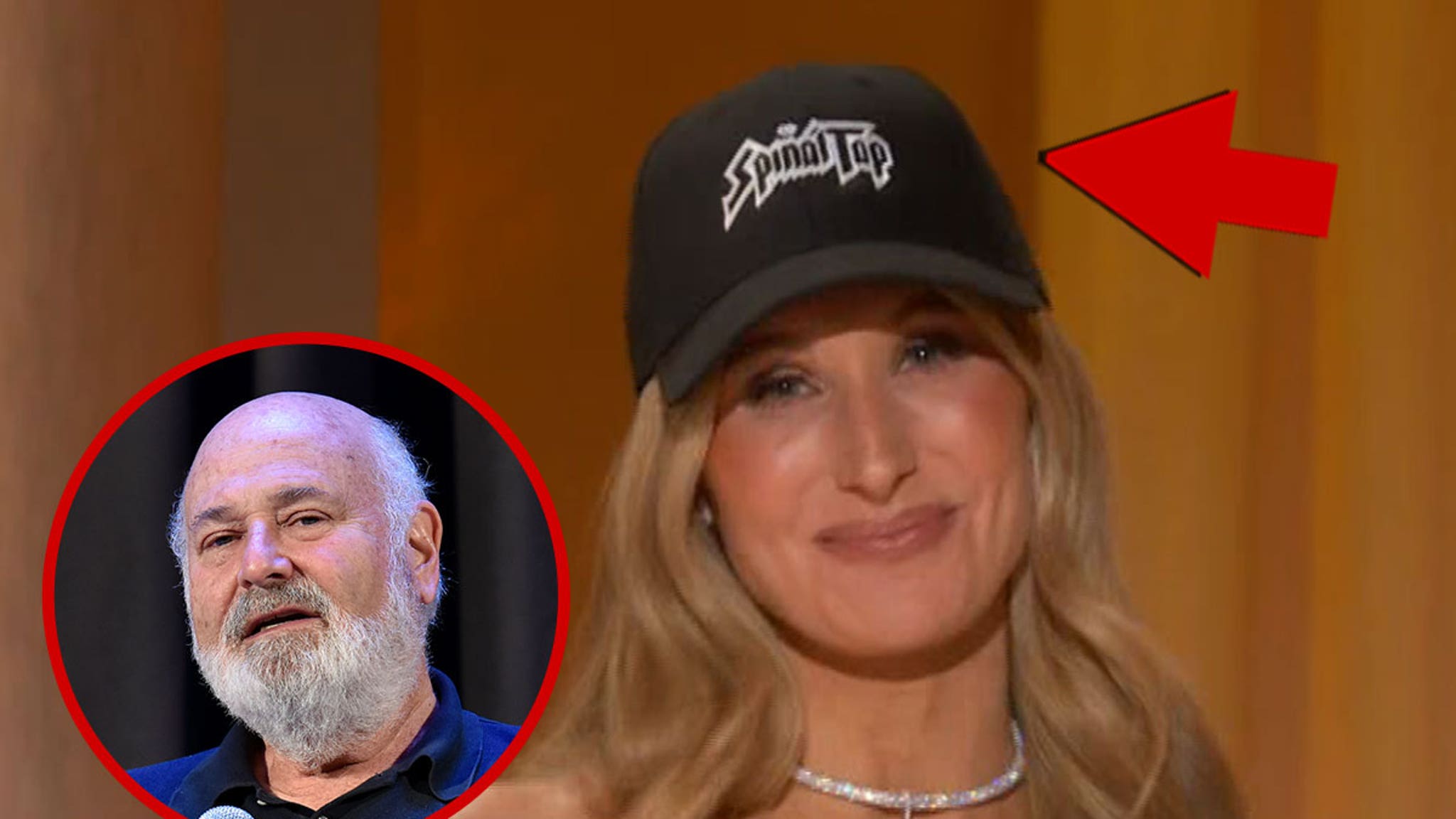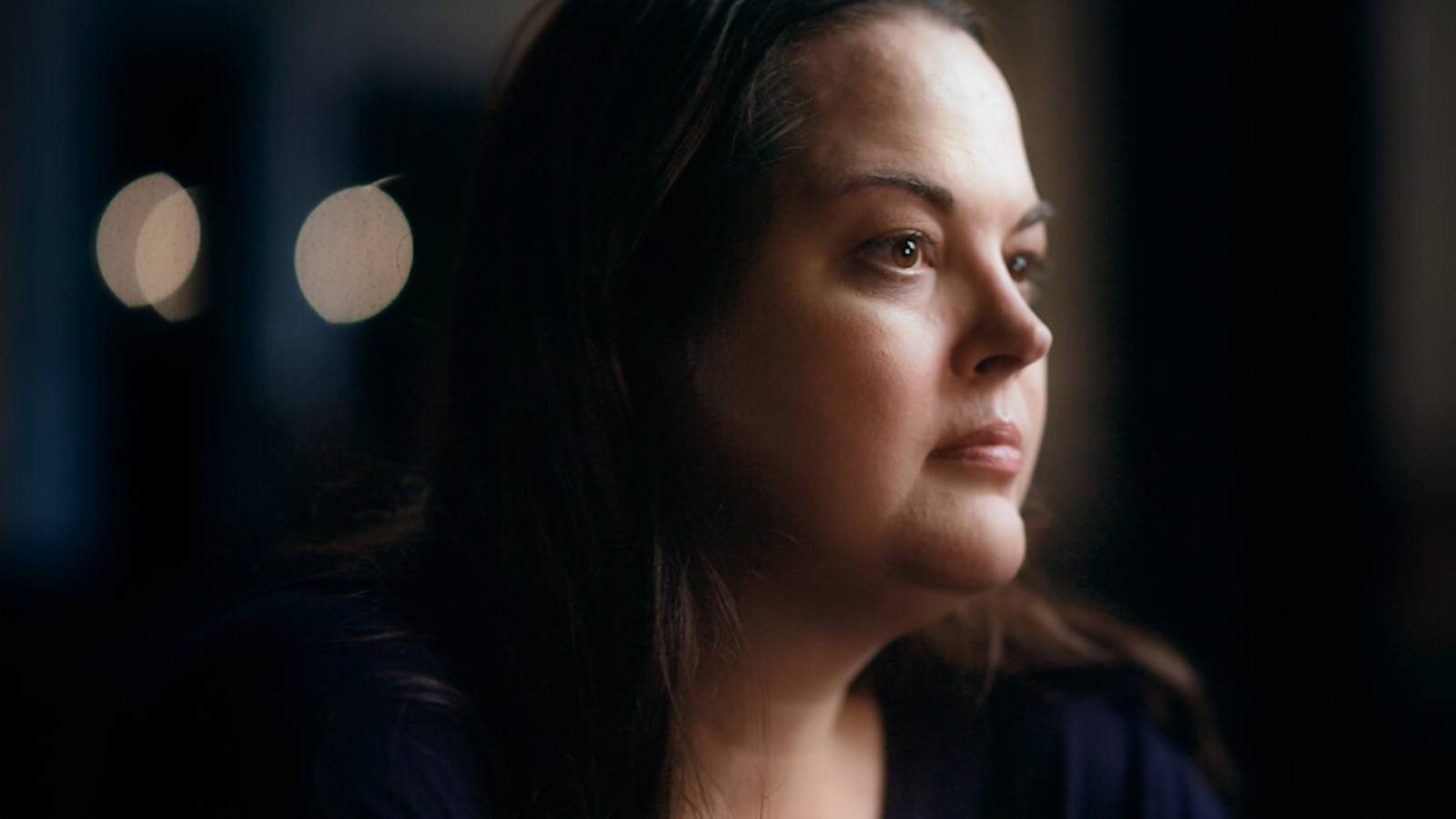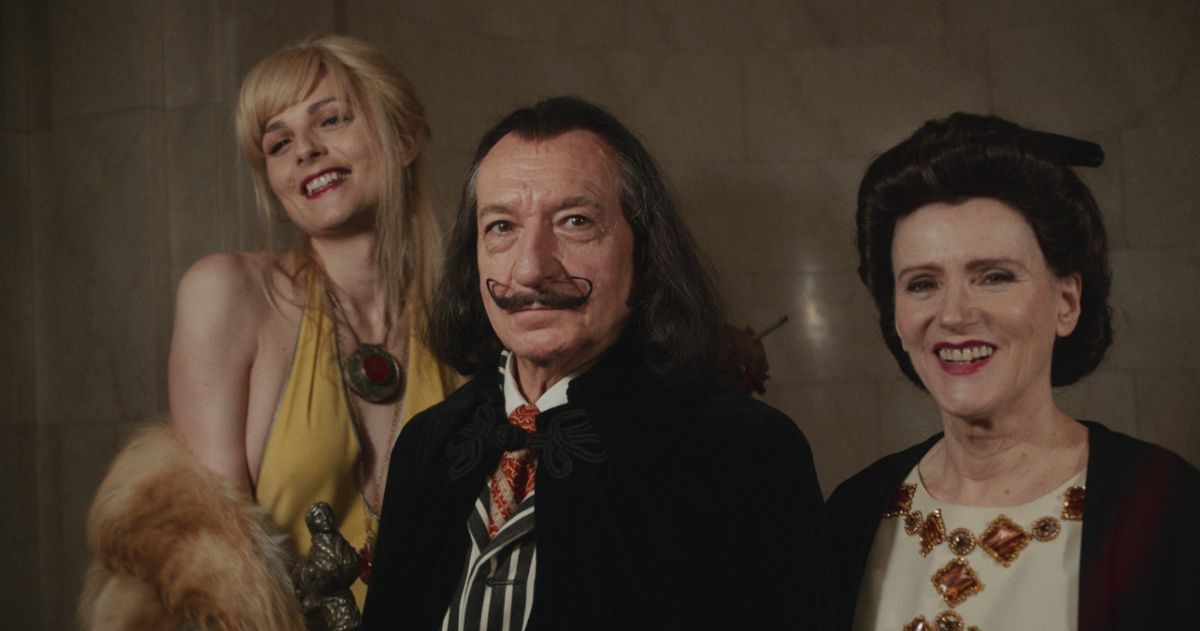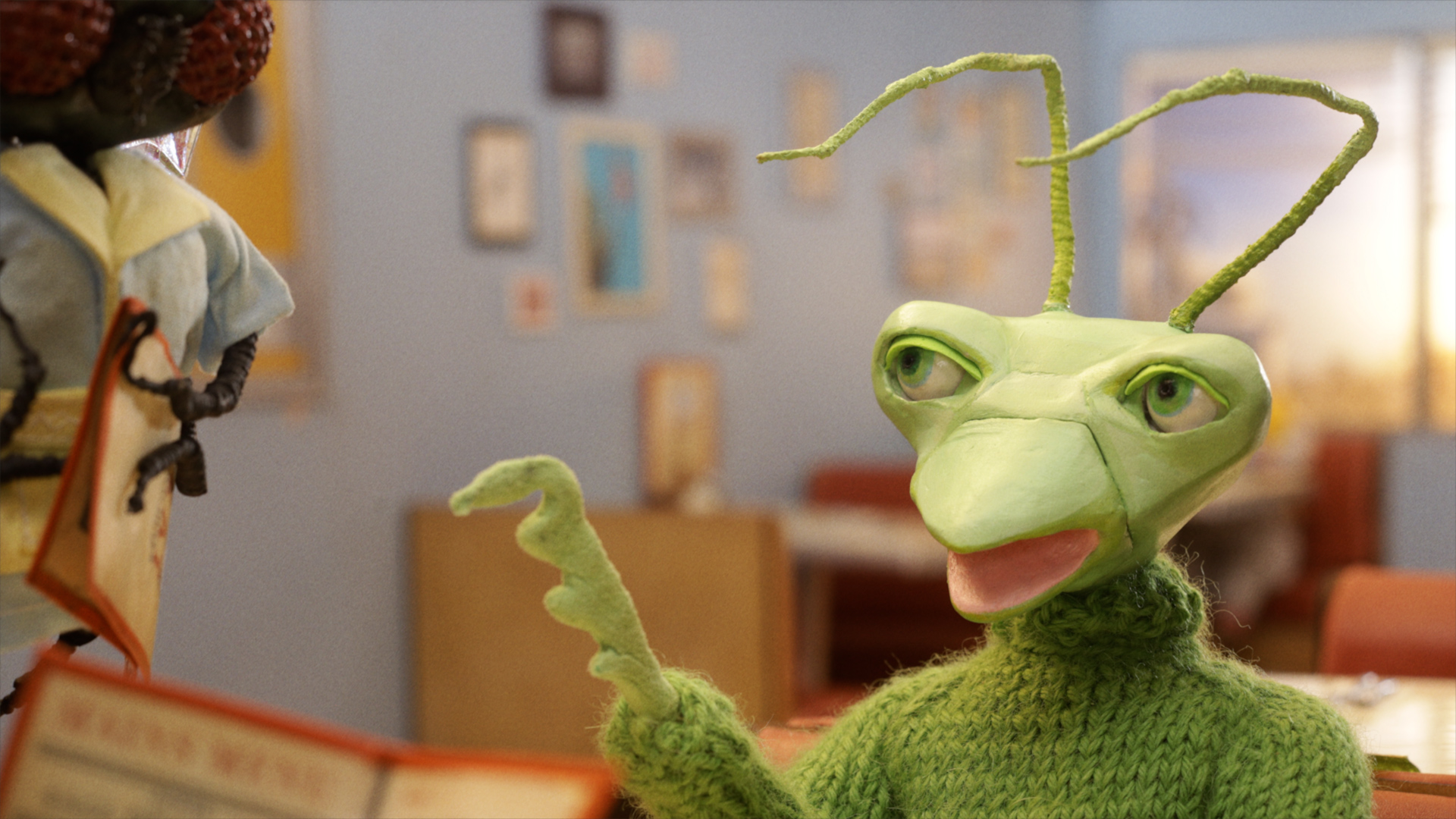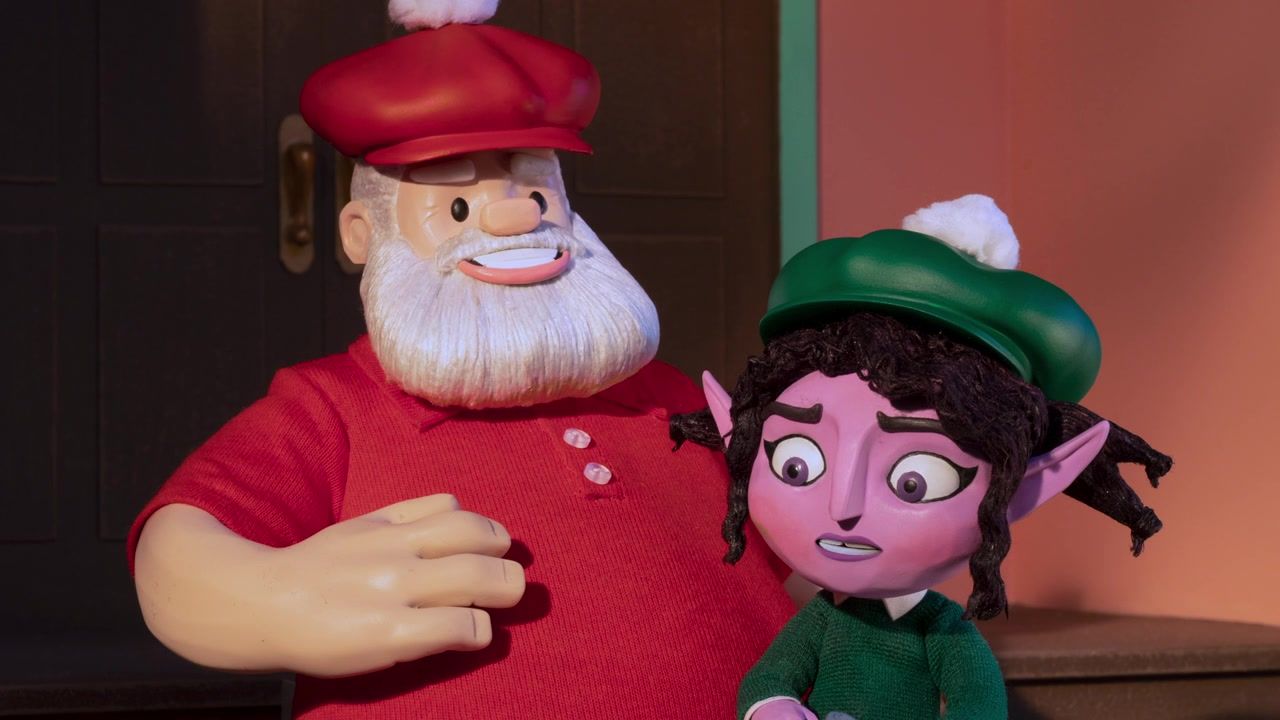
There is something inherently appealing in subjecting silly and imaginative ideas to real-world logistics. Films and television have been turning childlike concepts into fleshed-out worlds, with their own politics and bureaucracies, for quite some time, at least since 1941’s Here Comes Mr. Jordan. The world of Santa in The Santa Claus, the late-night work of a tooth fairy in The Tooth Fairy, the Easter Bunny in Hop, and many other movies have all featured imaginary figures dealing with real, mundane life. These movies take the magical and subject it to the monotonous– Santa needs to go on a diet and find a replacement, or the successor to the Easter Bunny wants to be a drummer in Hollywood. Perhaps in humanizing the imaginary, audiences come a tad closer to understanding themselves and why these myths exist in the first place.
MOVIEWEB VIDEO OF THE DAY
Santa Inc. is the newest iteration of this trend toward transforming fantasy into the ordinary. Unlike most of its predecessors, however, the series has absolutely no interest in appealing to both children and adults alike with its eight-episode Santa saga. This should be no surprise, as its producers include the likes of constant collaborators Seth Rogen and Evan Goldberg, the duo behind the raunchiness of Superbad, The Pineapple Express, and This is the End. The only other animated film they’ve done was the insane and profane Sausage Party, which was both hilarious and surprisingly thought-provoking in its subtle analysis of organized religion.
The creator of the show, though, is veteran television writer and producer Alexandra Rushfield, whose work on Shrill and Parks and Recreation are just two of many highlights in a twenty year career. She brings a feminist vision and ethical drive to this series which is entirely lacking from most dirty comedies, and her writing is bolstered by Sarah Silverman’s confident portrayal of the character Candy.
Related: Sarah Silverman Talks Jesus Is Magic
Candy is a pint-sized elf with big ears and bigger aspirations– she wants to be the next Santa. The North Pole is becoming more progressive, to the extent that Santa is open to the idea of choosing her as his successor, even though she is Jewish and female. Predictably, the process of proving herself to the more traditional heirarchy and patriarchy (made up of reindeer, snowflakes, cookies, and others) turns out to be more complicated and political than she expected. Along her way to become the Hillary Clinton of Christmas (if Clinton had gotten sworn into office), Candy gets sidetracked into ridiculous escapades while trying to retain her sense of morality in this snowy, cut-throat world.
The stop-motion animation is produced by Stoopid Buddy Stoodios, the same company behind Robot Chicken, and the colorful palette and imaginative character deisgn stand out in a medium which can sometimes seem ugly or cheap. The style reminds one of a well-produced and bright update of old stop-motion Christmas classics like Rudolph the Red-Nosed Reindeer and Jack Frost, except this is a far cry from those childhood wonders. Despite being very funny on occasion, the series often succumbs to what could be called ‘The Seth Rogen Fallacy,’ which ignores the fact that just because something is profane and vulgar doesn’t mean it’s automatically funny. Besides, South Park has been putting disgusting words in the mouths of adorable cartoon characters for decades in a more successful manner.
Related: Star Wars Holiday Special Tops List of Worst Christmas Movies & TV Shows
Fortunately, Rushfield goes out of her way to provide more substance to the show. Santa Inc. consistently tackles topical subjects like health insurance, wage labor, addiction, racism, and corporate malfeasance in humorous but thoughtful ways, and the largest issues explored here are misogyny and hypocrisy.
The North Pole may be a winter wonderland, but it is still susceptible to society’s flaws, something Candy discovers repeatedly along her quest up through the cold glass ceiling. She is neither respected nor liked as much as her male peers, but becoming ‘one of the guys’ is still impossible; her superiors respond to her humor by ridiculously saying, “Dirty jokes sound better coming from a low voice… and that’s why Vin Diesel will always be funnier than Lucille Ball.”
The most important person deciding her fate, Santa, is more interested in how progressive he appears to be than how progressive he actually is, repeatedly boasting about the people of color he has hired. His wife, Mrs. Claus, is largely ignored and condescended to, despite the fact that she wished to “change the world” with her husband.
The toxic and insulting Rudolph, Jr. is celebrated and lauded while other reindeers are never given a chance to perform, ironically similar to how his father was once treated. Every episode reflects the minor injustices, hypocrisies, and prejudices which sadly shape much of social and professional life.
This may be why the show has received such strangely harsh backlash. While obviously not everyone’s cup of cocoa and no masterpiece, Santa Inc. is not nearly bad enough to warrant the atrocious 1.1 out of 10 rating on iMDB and mind-boggling 4% audience approval rating on Rotten Tomatoes. It’s certainly true that the series will not be appreciated by parents seeking Christmas entertainment for their kids, or by any morally and politically conservative audiences; it may even be true that the show simply isn’t that funny to many viewers, but it’s simply not that bad. Regardless, Seth Rogen has speculated that, because of the series’ political, racial, and feminist subtexts, “tens of thousands of white-supremacists” have united online to sink its reviews and prevent it gaining an audience. This could certainly be true, considering the show was made by many Jewish producers and writers, and features a Jewish woman attempting to become Santa Claus, something which would surely upset anti-Semitic and sexist audiences.
Nonetheless, this is still the kind of show where a sex scene consists of an elf and a rabbit fondling each other’s ears. The sexual humor will likely please teenage and college-age audiences, but can get tedious to anyone who has already been there and done that with Team America: World Police or the aforementioned South Park and Sausage Party. Some of the best humor comes from the previous sociopolitical commentary, but also in many delightful sight gags and offhanded remarks. The voice actors are routinely great, most of them being funny for a living– Seth Rogen, Sarah Silverman, Craig Robinson, Maria Bamford, Patton Oswalt, and many more all give committed, if rather traditional, vocal performances. The magical world is developed well, with every aspect of the Santa corporation detailed and explored, and the tangential characters (frat-boy interns, snowmen trapped in snowglobes, chocolate bars that eat themselves in a panic) are often delightful.
Related: Christmas Action Movies If You Love Die Hard
The scripts are efficient, but one wonders just how much more successful Santa Inc. would be as a feature film rather than a special series totalling four hours in length. Some of the humor gets monotonous and regular characters grow banal, but the humor and narrative could sustain itself as a film with a strong edit. Unfortunately, there is already a great animated comedy about Santa’s possible successors duking it out in a highly bureaucratic and corporate version of The North Pole– Klaus, the surprisingly wonderful 2019 Netflix film, which is not only funny and creative but can appeal to all ages. Yes, Santa Inc. can be very funny and it looks great, but what keeps it actually unique is its substantive sociopolitical critique and emphasis on female characters and struggles.
The fact that Klaus and this series are so similar, and that so many films and television shows are interested in the bureaucracy of the imaginary, is strangely revealing. Perhaps people are comforted by realizing that even magic can be mundane, that just because imaginary figures capture the hearts of children doesn’t mean they’re immune to the same struggles of regular humanity. There is something heartening about seeing a gingerbread woman fight with her husband and be sleep-deprived because of her young cookie baby; something assuring about seeing reindeers in rehab and elves attending job interviews; something paradoxically human about polar bears flirting inappropriately after having too much to drink. Ultimately, humans humanize– that’s what people do, they project themselves onto everything, no matter how wacky or imaginative; in doing so, maybe they find joy again in their everyday lives. By transforming magical and illogical stories into all-too-human workplace comedies, they may learn a little bit more about themselves and each other. Maybe it’s comforting to know that even cookies worry about health insurance, and even The North Pole has a board of directors.
Die Hard Is a Christmas Movie Whether You Like It or Not
Read Next
About The Author
Matthew Mahler
(5 Articles Published)
Writer for Movieweb.com since 2021. Lover of film, philosophy, and theology. Amateur human.
You can view the original article HERE.







